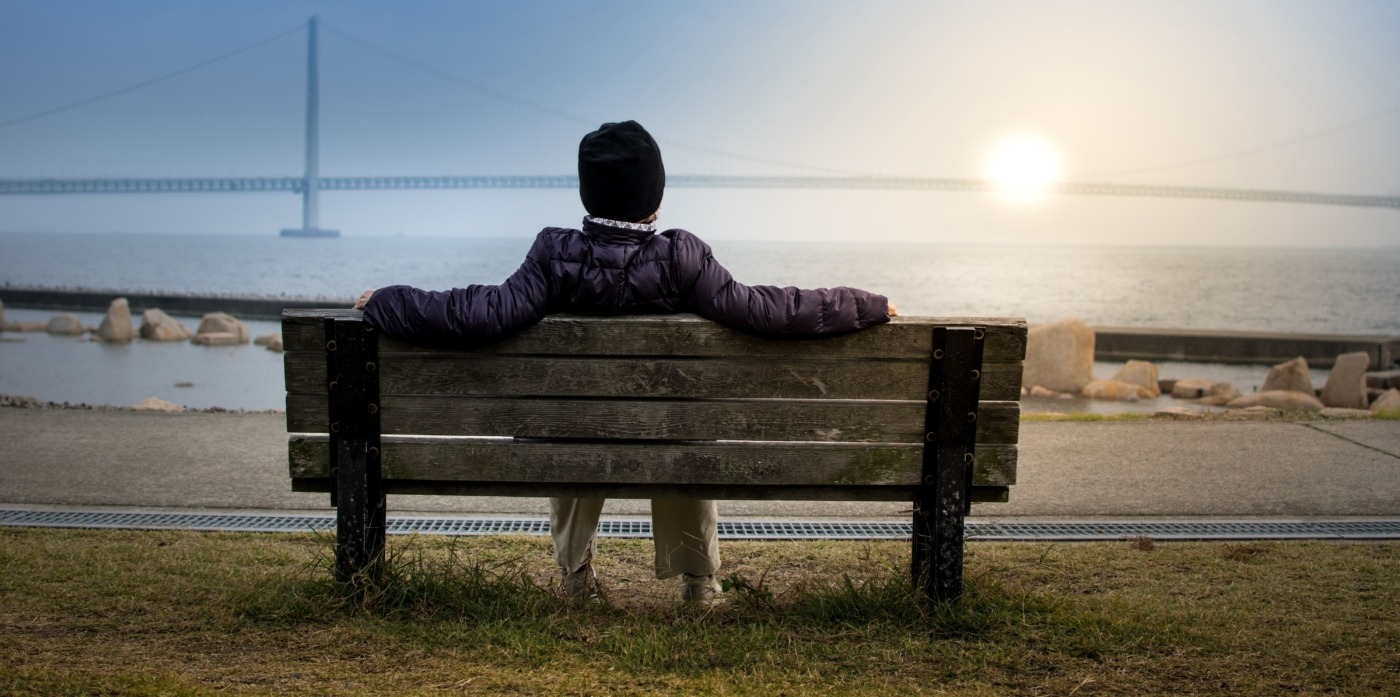Six steps to stress-free travel
1) Be early
Punctuality has been drilled into us as the key to success in life since we were mere children. Never has this been more true than when travelling. Although the suggested arrival time of two hours prior to your flight may be a bit unnecessary, avoiding stress while travelling means ensuring you’re where you need to be at the right time. Being early gives you that buffer period which minimises stress: there’s no rushing about with luggage in tow, there’s time to work out where your gate is and there’s no underlying worry that you’ll miss your train if there’s a bit of traffic. Ultimately, planes, trains and buses wait for no man. It is therefore best to be twenty minutes early and relaxed than two minutes late and frustrated.
2) Use your phone
Smartphones are given a notoriously bad rep most of the time, often blamed for causing stress rather than alleviating it. Sure, while they may be having detrimental effects on our mental health, ability to socialise, levels of productivity and wavering attention spans, sometimes phones can actually be useful! Setting alarms; ensuring you have all of your documents and tickets on your phone; checking in to flights via apps; Googling how to get from A to B without venturing into the dodgy bit of town; and knowing that you can contact your family in case of emergencies makes travelling far more stress-free. If you’re a worrisome traveller, having a smartphone and powerbank with you at all times will make the process far more relaxing.
There’s a reason why all travel guides tell you to pack half of what you think you’ll need
3) Pack light
Although it’s tempting to pack everything and the kitchen sink with you before you head off on a trip, there’s a reason why all travel guides tell you to pack half of what you think you’ll need. The physical stress of carrying around all of your belongings when it is hot or raining, or you’re stuck in a crowd of tourists, can take its toll. Travelling is always a much more pleasant experience when you can have your hands free and are able to explore without getting tired. It’s always best to try and pack as little as possible (two pair of shoes really are enough), especially if there are long periods where you’ll have to carry all of your belongings with you.
4) Take your medication
Whether you have asthma, a food allergy or are just prone to headaches, it is always a good idea to take your medication with you, even if you haven’t used it in years. Although it may be annoying to carry around and you may never even need it, the peace of mind you’ll get from knowing that you won’t die from a stray peanut does wonders for reducing stress! It may also be useful to carry things like plasters, paracetamol and sunscreen. Basically, there’s a reason why mums always carried the world in their purses when you went on family holidays! For comfort and peace of mind when travelling, it helps to pack the little things.
Sometimes it’s travelling with people that can bring the extra stress
5) Choose wisely
A problem shared is a problem halved, and when you’re travelling it’s always nice to have a companion to take some of the stress away. Travelling with a partner or a group of people means that you are not relying solely on yourself when it comes to navigation, finding things to do or choosing where to eat. However, sometimes it’s travelling with people that can bring the extra stress. Therefore, it’s important to think carefully about who you travel with. If your friend is always an hour late to everything, tends to avoid all responsibility and is generally a bit of a liability, it may be worth taking into account whether this will make the experience of travelling together more stress than it’s worth. Choosing companions who you get along with and can rely on makes travelling far more enjoyable.
6) Lower your expectations
Often, it is the pressure that we put on ourselves that can cause the most stress when travelling. Having an extensive checklist of all the things you want to see and do, obsessing over getting the perfect snap for Instagram and worrying about whether you’re making the most of your time on holiday can make you feel stressed out. Although having a clear idea of some of the things you want to do is necessary, having low expectations and being okay with not doing everything can help to avoid disappointment and make you feel less stressed. If you spend an extra day lying on the beach reading instead of exploring hidden valleys or you have McDonald’s for dinner instead of an authentic, traditional meal, you’re not ‘doing it wrong’. Keep your expectations low and go with the flow.

Comments
Comments are closed here.